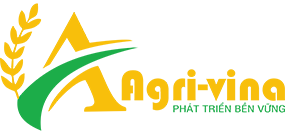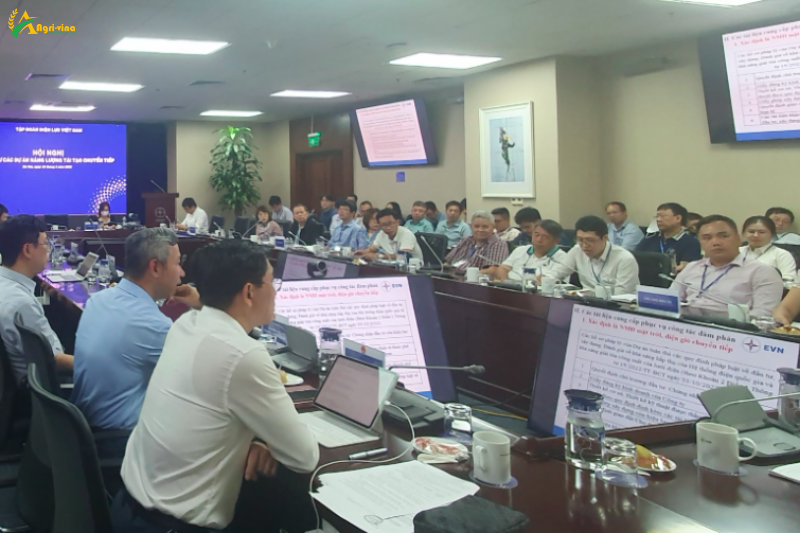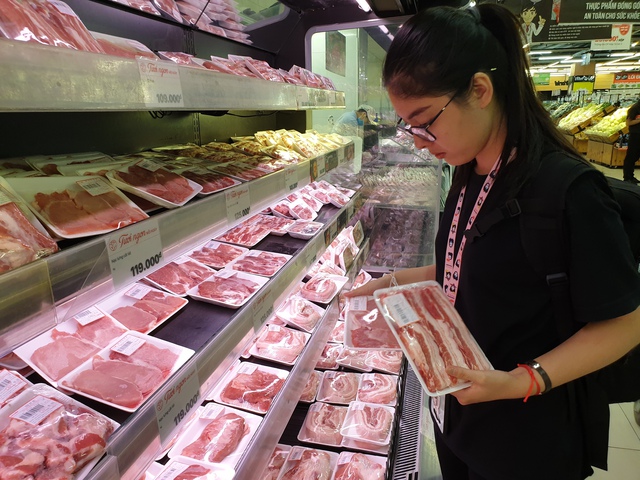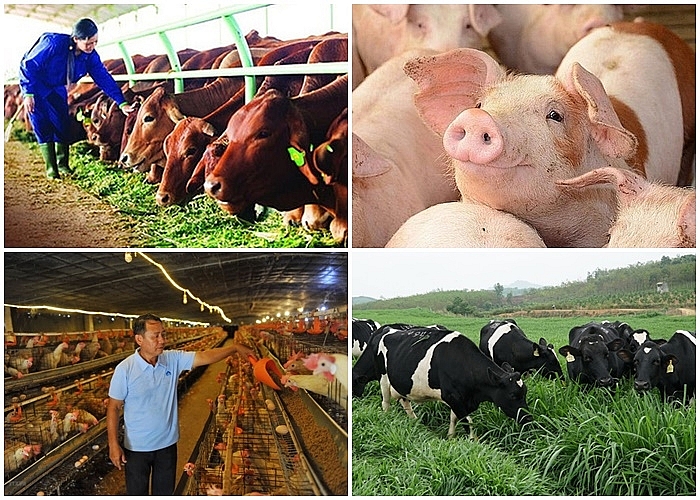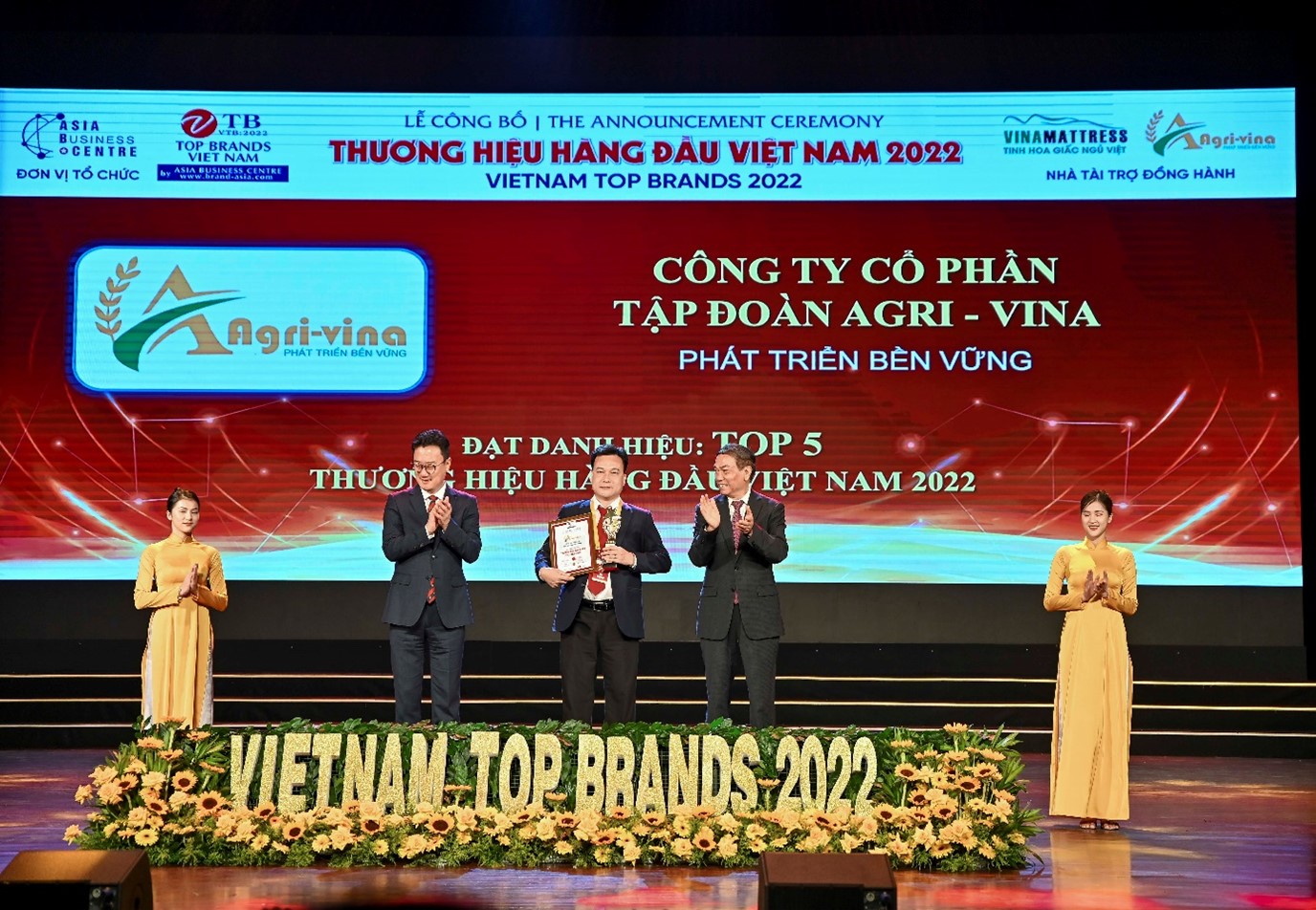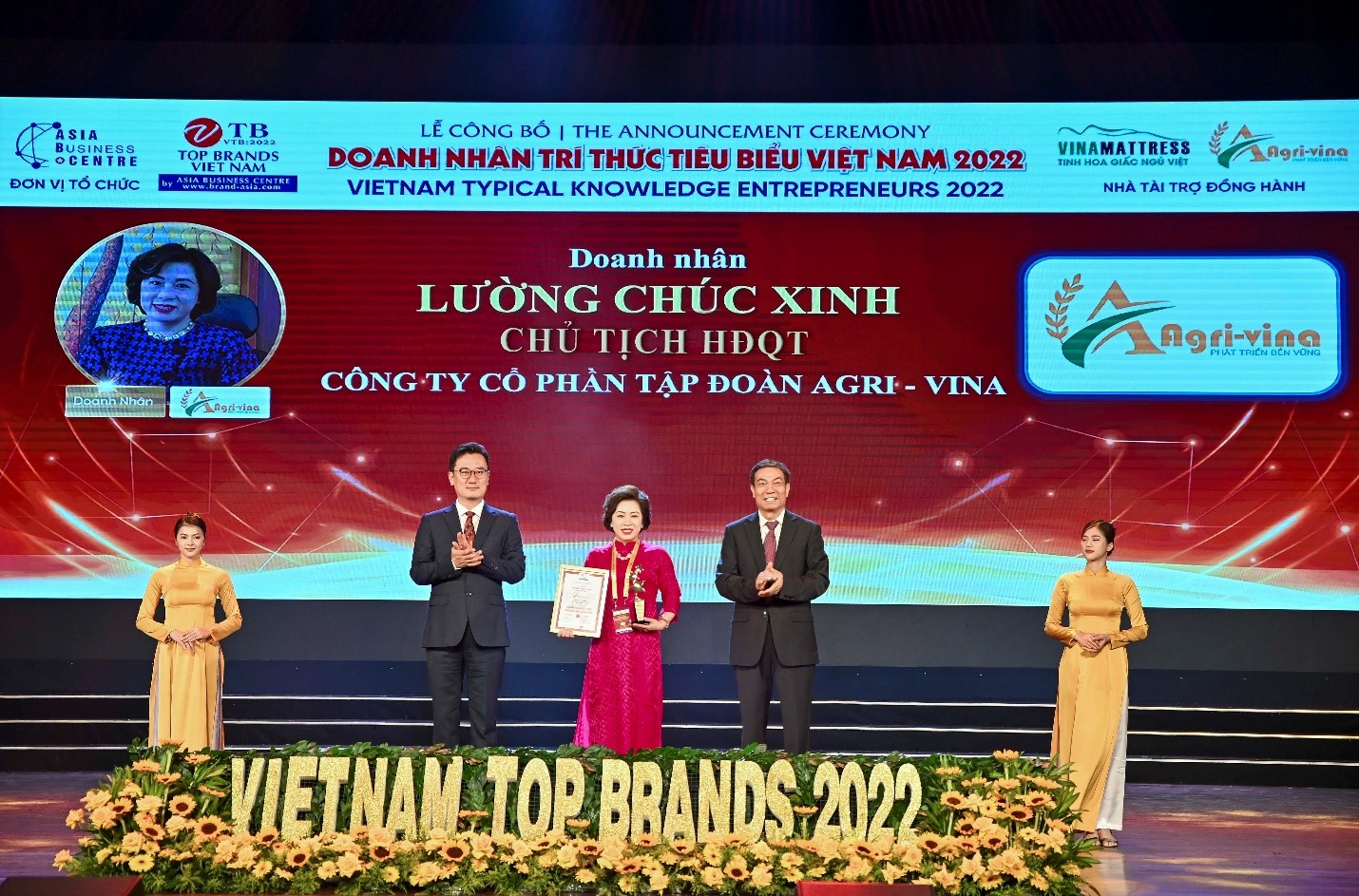- agrivina999@gmail.com
- No. 152 Thuy Khue, Tay Ho District, Hanoi City, Vietnam
News
To develop animal husbandry in the direction of high technology, a new way of doing things for the people of Kon Tum province.
After more than 4 years of implementing the project of developing high-tech agriculture in association with value chain linkages, the livestock sector in Kon Tum province is developing actively, tending to increase both in number and quantity. and scale.
More and more hi-tech breeding models
Cow raising is one of the strengths of Kon Tum province. However, in the past, cattle raising was mainly grass-fed, small in stature, low in productivity, and low in price, so the economic efficiency brought to farmers was not commensurate.
Therefore, Kon Tum province has implemented a plan to improve the quality of cows by artificial insemination in the 2016-2020 period. Up to now, this plan has brought very good results and is recognized by the people.
Mr. Lam Huy Cuong (group 4, Tran Hung Dao ward, Kon Tum city) started raising cows by artificial insemination since 2016. Currently, his herd produces 5 hybrid calves. On average, after 7 months, the hybrid calves will be released from the barn, helping Mr. Cuong earn about 80 million VND.
According to Mr. Cuong's assessment, the method of artificial insemination for hybrid calves is better, with a larger skeleton than normal cows. Crossbred calves raised to the 5th month can sell for over 10 dong, while calves usually only sell for about 7 million dong.
Currently, the whole province of Kon Tum has 2,300 hybrid calves born by artificial insemination. This has created a push for cow farmers to see the benefits of artificial insemination. Accordingly, hybrid calves grow better, while the value brought is also nearly twice as high as that of conventional cows.
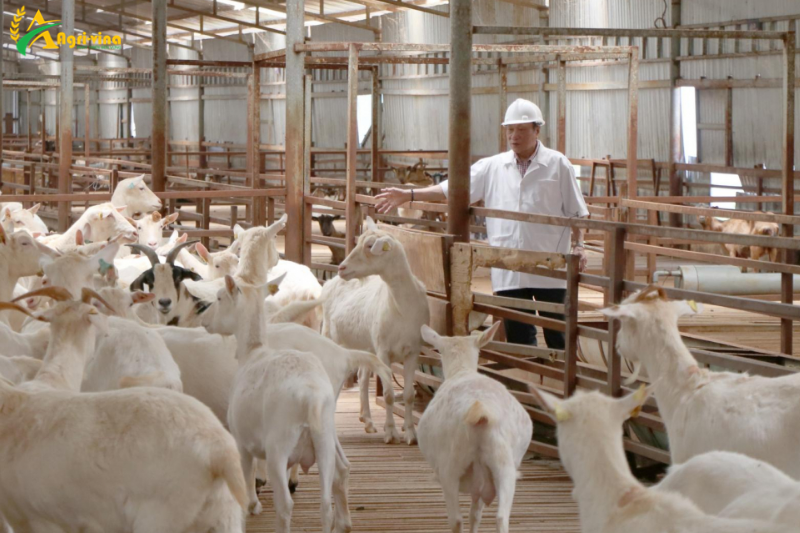
Meanwhile, with the raging African swine fever, the method of raising pigs on a small scale, in small households, is gradually shifting from small animal husbandry to concentrated, industrial, and productive farm production. export large goods.
Farm models applying scientific and technical advances such as closed cages, cooling systems in summer, heating in winter, ventilation fan systems, waste treatment... are being replicated. in the local area.
Up to now, the province has 14 farms with a scale of over 1,000 heads/farm, of which Ngoc Hoi district has 8 farms, Kon Tum city has 4 farms, Dak Ha district has 1 farm and Kon Ray district has 1 farm. 1 farm.
Before the damage of African swine fever, many households in the province are also gradually turning to poultry farming. Currently, the province's total poultry herd is about 900,000 heads, an increase of more than 200,000 heads compared to 2019.
Poultry farms are raised in the direction of applying scientific and technological advances such as closed cages, air conditioning systems, and standard waste treatment systems.
The chicken farm of the cooperative farmer Hoang Bach (village 2, Hoa Binh commune, Kon Tum city) is considered a model model in animal husbandry thanks to the application of high technology with the method of raising chickens with medicinal herbs.
Mr. Huynh Thanh Tu, director of the cooperative, said that in the breeding process of the Ministry of Agriculture and Rural Development, it is allowed to use traditional materials such as vegetables and herbs. Grasping that process, the cooperative began in-depth research on herbal chicken feed. Currently, the cooperative is using more than 30 types of medicinal herbs, including more than 15 types of medicinal herbs with natural antibiotics.
“Using medicinal herbs with antibiotic properties to feed chickens every day will not get sick and chickens will no longer have mass mortality. Of course, raised in this way chicken meat is delicious, the price is higher than the conventional farming method, "said Mr. Tu.
Along with the use of medicinal food, Hoang Bach Cooperative also uses biotechnology with the main feed of green vegetables that are ground, mixed with corn flour, bran... then incubated with biological yeast to help cook the food. Chickens thoroughly digest food. With this technology, the amount of waste produced is less, helping to protect the environment.
Currently, Hoang Bach chicken farm has always maintained at 4,000 chickens, selling 1,000 herbal chickens every month with prices ranging from 150,000-160,000 VND/kg, which is quite high compared to the general price level.
Medicinal chicken of Hoang Bach Cooperative provides restaurants and supermarkets in provinces and cities such as Gia Lai, Kon Tum, Da Nang, Ho Chi Minh City... In the long term, the cooperative is having a strategy to build a manufacturing model. intensive processing of chicken products to enhance the value-added chain.
Along with traditional livestock, now in Kon Tum province has built a high-tech goat farm. It is the Mang Den dairy goat farm of the Mang Den Food and Drugs Joint Stock Company in Kon Plong district with a scale of nearly 8,000 heads, accounting for about 50% of the province's total goat herd.
The farm is reared in a closed model, with a system of cooling, ventilation, waste treatment, food and drinking water chain system. The farm has also recently invested in modern and self-contained milking equipment according to German technology.
Linking along the value chain
In the development of livestock production in the direction of high technology application, the building of linkage chains is one of the important requirements. Initially, the province has formed a number of linkage chains in the production and consumption of livestock products.
Typically, the Mang Den dairy goat farm has deployed links and built a raw material area to provide food for the goat herd.
Specifically, in addition to taking care of the development of goats on the farm, Mang Den goat farmers are looking forward to expanding their farm.



